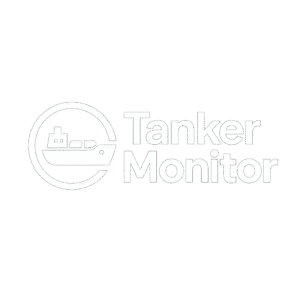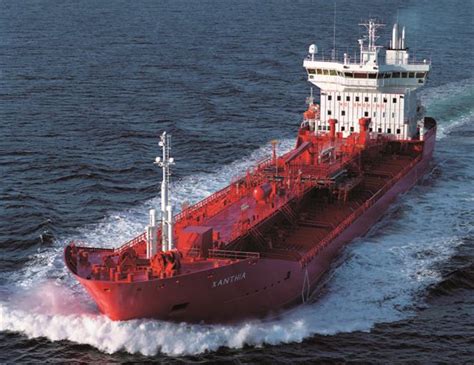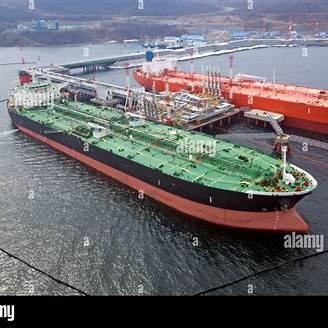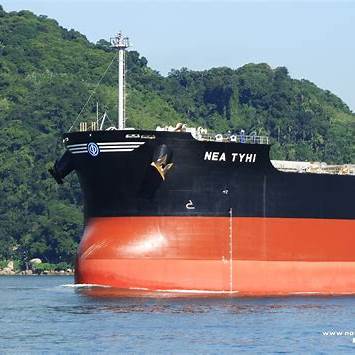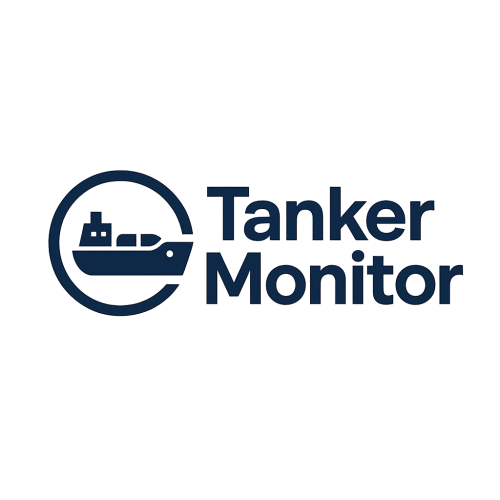
Tanker Monitor
Tanker Monitor is a leading maritime intelligence platform dedicated to delivering in-depth analysis of the global tanker market and broader shipping industry. Our mission is to equip stakeholders in the seaborne trade sector with accurate, timely, and actionable insights. By combining real-time data tracking, market trends, and expert commentary, we help our clients navigate the complexities of maritime logistics, freight dynamics, and energy transportation. Whether you’re a trader, analyst, shipowner, or logistics professional, Tanker Monitor offers the critical intelligence you need to make informed decisions in an ever-changing global market.

What features do we have?
At Tanker Monitor, we combine cutting-edge technology with deep industry expertise to deliver features designed for precision, efficiency, and actionable insights. Our platform offers:
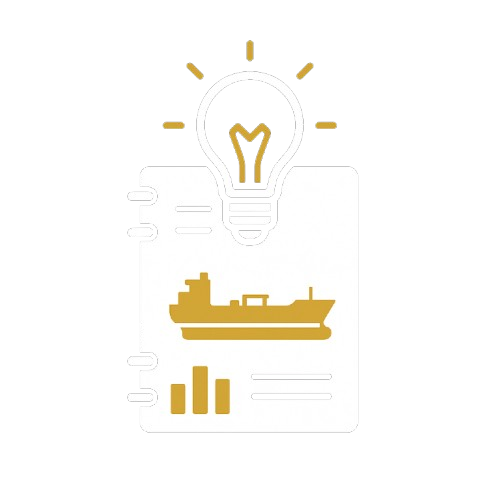
Tracking
Live Vessel TrackingMonitor real-time positions of tanker fleets worldwide with detailed voyage information, port calls, and estimated arrival times.
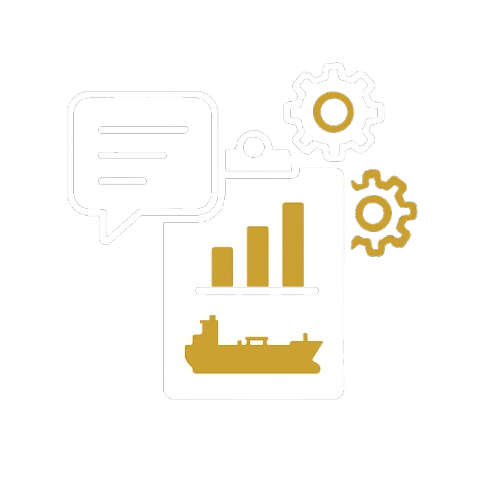
Data
Comprehensive Data CoverageAccess a vast database of historical and current data, including vessel specifications, fixtures, routes, port activity, and market indicators.
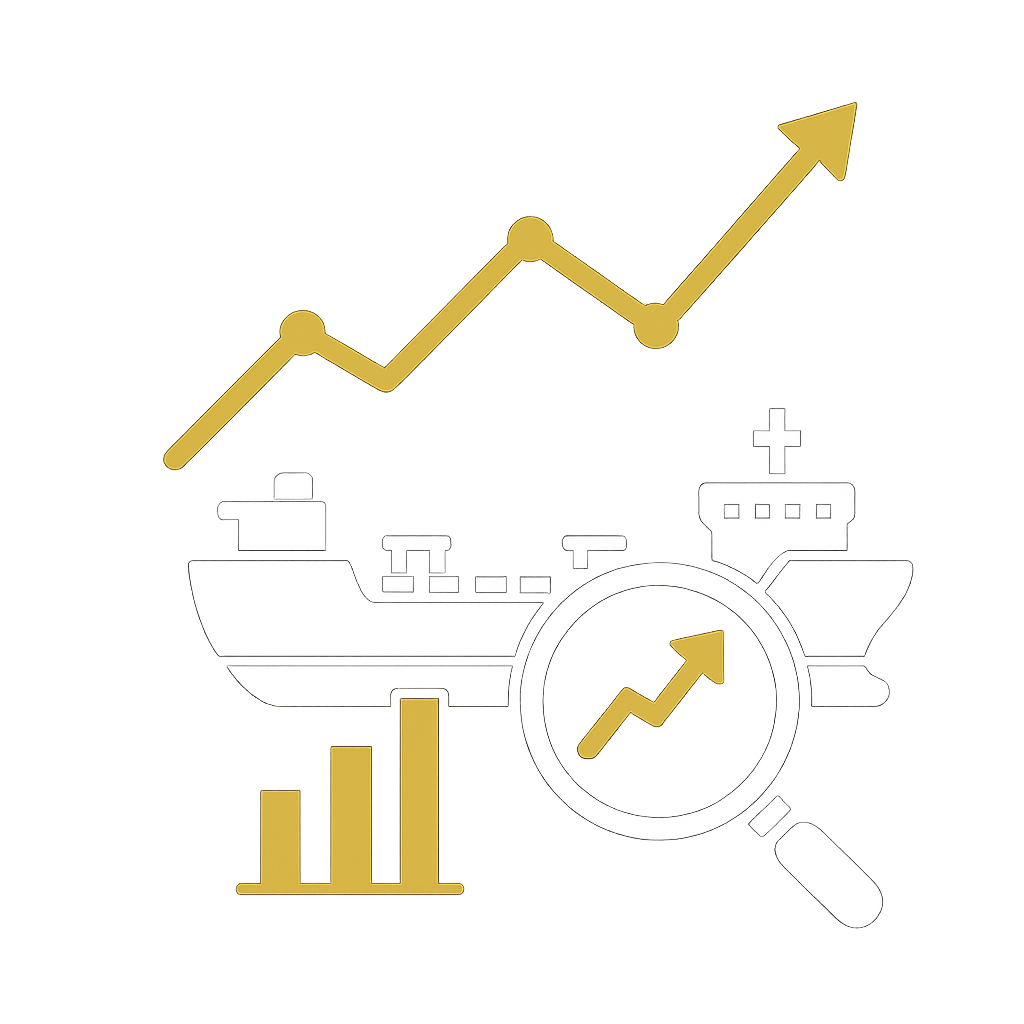
Search
Advanced Search & FilteringEasily pinpoint specific tankers, trades, or regions using powerful search tools and flexible filters to tailor results to your needs.
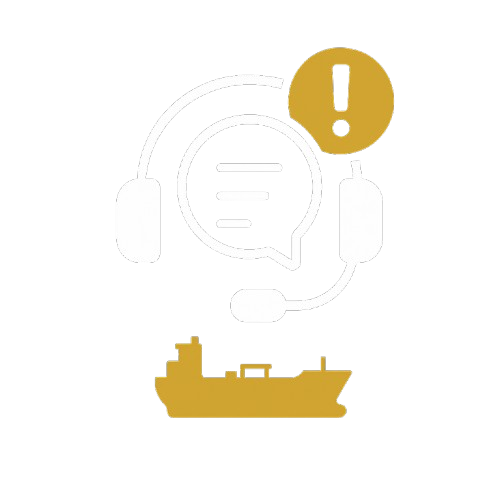
Reporting
Automated Reporting ToolsSave time and stay informed with scheduled or on-demand reports, delivered directly to your inbox or integrated into your workflows.
At Tanker Monitor, we combine cutting-edge technology with deep industry expertise to deliver features designed for precision, efficiency, and actionable insights. Our platform offers:

Our solutions for your problems
At Tanker Monitor, we offer a comprehensive suite of services designed to support informed decision-making across the global tanker and maritime sectors. Our core offerings include:

Market Analysis & Forecasting
Stay ahead of the curve with detailed reports, trend analysis, and forecasts covering freight rates, supply-demand dynamics, and market sentiment.
Customized Intelligence Reports
Receive tailored insights and analytics that address your specific business needs, operational focus, or strategic objectives.
Expert Commentary & Insights
Gain perspectives from industry experts on developments impacting the global tanker market, including geopolitical shifts, regulatory changes, and macroeconomic trends.
Alerts & Notifications
Set custom alerts to monitor critical events, vessel movements, or changes in market conditions that matter to your operations.
Our latest articles and research
What Are Chemical Tankers? A Comprehensive Guide for Maritime & Logistics Professionals
Introduction Chemical tankers are specialized cargo vessels engineered to transport liquid chemicals in bulk—often hazardous, toxic, or flammable. Their design, operation, and regulatory compliance are governed by strict international standards to ensure safety and environmental protection. What Defines a Chemical Tanker? According to Wärtsilä’s Marine Encyclopedia, chemical tankers are ships built or modified to carry...
Demystifying Laytime in Tanker Shipping: Reversible vs. Average Laytime
In the tanker shipping sector, a precise understanding of laytime is not merely a contractual requirement—it is a critical factor in safeguarding profitability and avoiding costly disputes. Even a minor miscalculation can result in substantial demurrage liabilities, strain commercial relationships, and erode margins. Two key concepts—Reversible Laytime and Average Laytime—are frequently misunderstood. The distinction between...
The Future Express (1992): When Does Port Congestion Breach a “Safe Port” Warranty?
In maritime transport, delays caused by port congestion are a routine risk. But do they amount to a breach of the “safe port” warranty in a charterparty? The English case The Future Express [1992] 2 Lloyd’s Rep. 79 remains a leading authority on this question, offering clarity for shipowners, charterers, and maritime legal practitioners. ⚓...
Key Lessons from the Nea Tyhi (1982)* Case: Authority, Liability, and Risk in Shipping Contracts
In the intricate world of maritime commerce, a single misstep in documentation or a misunderstanding of authority can result in significant legal and financial consequences. One of the most instructive examples of this principle is the English case of The Nea Tyhi (1982), which remains a key legal reference for issues surrounding bills of lading,...
Contact Us



- +971552034766
- info@tankermonitor.com
